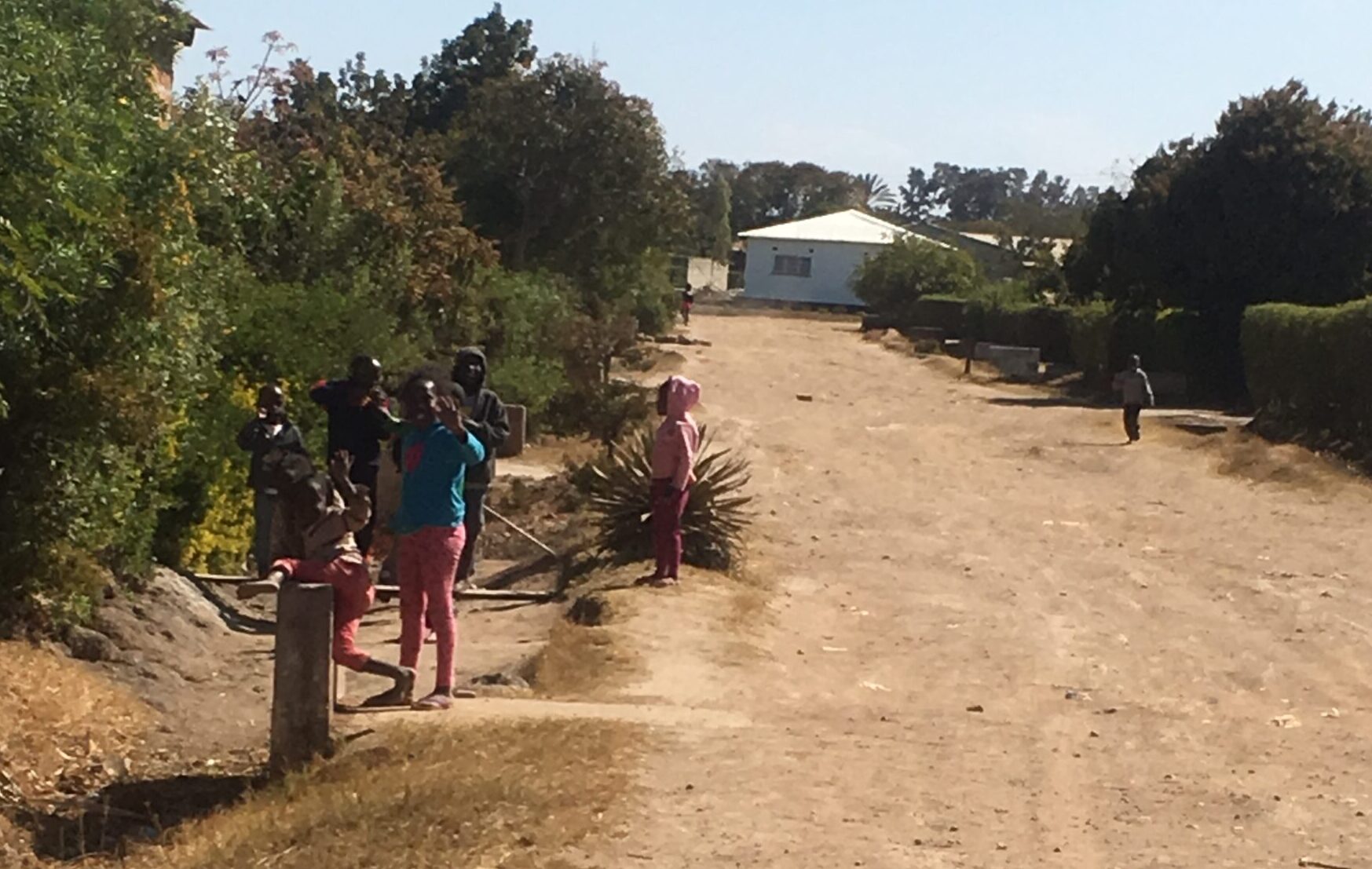1st Semester, 2021Graduate School of Economics and Business/Public Policy School(HOPS), Hokkaido University
Special Study of Development Economics A
(Development Economics)
INTRO.
This is the website of Special Study of Development Economics A for the Graduate School of Economics and Business, Hokkaido University. The course will be also provided as Development Economics for the Public Policy School, Hokkaido University. The course material will be provided through this website.
Contact: Email/hokudai.hiwatari at gmail.com (Hiwatari)
INFO.
We will have the classes online from April 13 (Tue). Those who wish to take the course, please send the e-mail to the following address before April 9.
hokudai.hiwatari at gmail.com
The title of your email should be “Development Economics A”. In the text, please write “your affiliation”, “your student number” and “your name”. This e-mail should be sent from the email account you wish to receive the information for each class such as ZOOM URL (it does not have to be your university account).
Course Objectives
The purpose of this course is to familiarize students with the field of development economics. We study the processes and problems of economic development in the less-developed countries by using economic theory, econometric methods, and other tools of the social sciences. Several topics will be studied using textbooks and recent research papers. Students are expected to have a basic knowledge of microeconomics.
Course Goals
- (i) To increase knowledge on the poverty and development issues in developing countries
- (ii) To increase knowledge of classical theories and recent achievements in the field of development economics
- (iii) To advance the skills required for theoretical and empirical analyses on the poverty and development issues in developing countries
Course Schedule
- 1. Introduction
- 2. Measuring Poverty and Inequality
- 3. Dynamic Poverty Analysis
- 4. Dual Economy
- 5. Economic Growth: Theories and Evidences
- 6. Economic Geography and Industrial Agglomeration
- 7. Discussion
- 8. Agricultural Household Model
- 9. Risk and Informal Insurance
- 10. Land Tenancy Market
- 11. Rural Finance (e.g. ROSCAs, Microfinance)
- 12. CPRs and Development
- 13. Impact Evaluation of Development Programs
- 14. Aid Effectiveness and Governance
- 15. Discussion
Homework
Students are expected to read the academic literature listed in the course material and complete a term report.
Grading System
Formal requirements for the course include regular attendance and participation in lectures (50%) and a term report (50%).
Textbooks
Course material will be provided through this website.



コメント